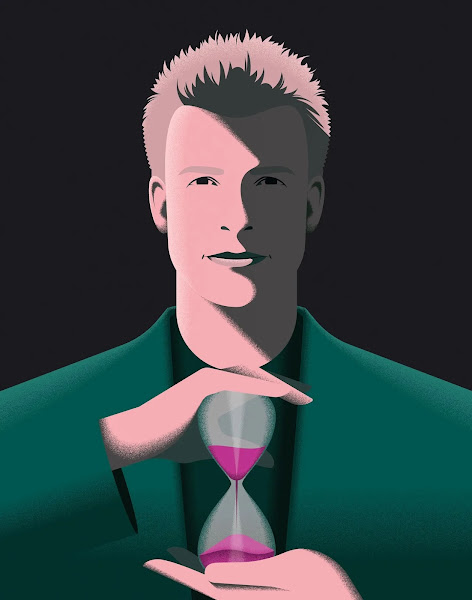One of the most beautifully succinct expressions of secular faith in our bounded life on earth was provided not long after Christ supposedly conquered death, by Pliny the Elder, who called down a plague on this mad idea that life is renewed by death!
Pliny argued that belief in an afterlife removes Nature’s particular boon
, the great blessing of death, and merely makes dying more anguished by adding anxiety about the future to the familiar grief of departure. How much easier, he continues, for each person to trust in himself
, and for us to assume that death will offer exactly the same freedom from care
that we experienced before we were born: oblivion.
Rather than simply replace the realm of necessity with the realm of freedom—which would be impossible anyway, because there is always tedious and burdensome work to be done—we should be able to better “negotiate” the relationship between those realms. Hägglund gives an example of how this might be done when he talks about the way his own work on the book we are reading unites the two realms: writing “This Life” was labor, of course, but it was pursued as an end in itself, as a matter of intellectual inquiry. In a Hägglundian utopia, labor would be part of our freedom. Even drudgery—his example is participating in the garbage removal in our neighborhood on a weekly basis
—could be an element of our freedom if we see it as part of a collective understanding that we are acting in order to reduce, in the aggregate, socially necessary labor time and to increase socially available free time. This revolution, he says, will require the revaluation of value
(in Nietzsche’s phrase); and he criticizes a number of thinkers on the left, such as Thomas Piketty and Naomi Klein, for wanting to alter capitalism (via redistribution) rather than effectively abolish it (via a deep redefinition of value). Such people, he says, are stating that capitalism is the problem while also stating that capitalism is the solution.
James WoodI was meaning to share this article for a long time – I read it some three ago, a bit after it was published. It offers a compelling vision of human life and society assuming there’s no such thing as an afterlife – an atheist credo if you like. This participatory society where everyone shares the burden of labor to maximize overall free time strongly reminds me of the anarchist Anarres in The Dispossessed – a fantastic novel which carefully constructs an apparent utopia while subtly pointing out its shortcomings. It also offers a good counterpoint to the concept of Longtermism, which emphasizes the fulfillment of future human beings at the detriment of contemporaries.

Hägglund offers a fulfillment of what Marx meant by “irreligious criticism”, a criticism aimed at both religion and capitalism, because both forms of life obscure what is really going on: that, as Hägglund puts it, our own lives—our only lives—are taken away from us when our time is taken from us
. We are familiar with the secular charge that religion is “life-denying”. Hägglund wants to arraign capitalism for a similar asceticism. Religion, you might say, enforces asceticism in the name of the spiritual; capitalism enforces asceticism in the name of the material.
Post a Comment